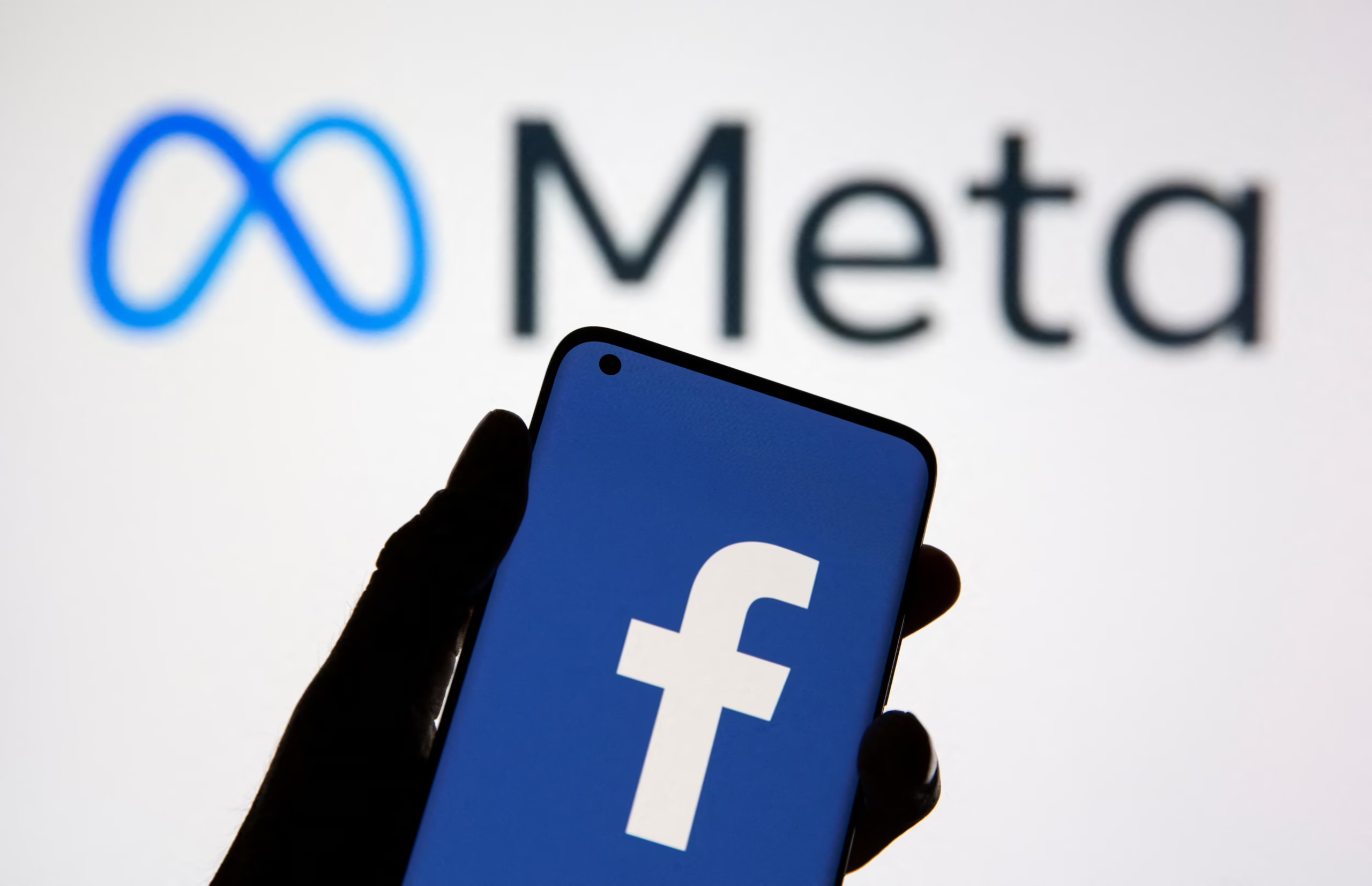As we move further into 2025, the landscape of digital advertising continues to evolve, with Facebook (now Meta) at the forefront of innovation. Marketers and businesses must stay ahead of these trends to effectively engage audiences and maximize return on investment.
1. AI-Powered Personalization and Automation
Meta’s advertising platforms are increasingly leveraging artificial intelligence to deliver hyper-personalized ad experiences. Tools like Advantage+ utilize machine learning to automatically generate ad variations, optimize placements, and identify top-performing creatives. This automation reduces manual effort and ensures campaigns are continuously refined to maximize ROI.
2. Immersive Advertising with AR and VR
Augmented Reality (AR) and Virtual Reality (VR) are set to revolutionize how brands interact with consumers. Meta is investing heavily in these technologies, enabling features like virtual try-ons and interactive product visualizations. For instance, users can virtually try on products or visualize how furniture would look in their homes, enhancing engagement and driving conversions.
3. Integration with E-Commerce Platforms
Meta is deepening its integration with e-commerce platforms, facilitating seamless shopping experiences within its ecosystem. Shoppable ads allow users to browse and purchase products directly through Facebook and Instagram, reducing friction in the purchasing process and increasing conversion rates.
4. Voice-Activated and Conversational Ads
With the rise of voice assistants and smart speakers, Meta is exploring voice-activated ads and conversational interactions. These innovations enable users to engage with brands through voice commands, offering a more natural and hands-free way to interact with advertisements.
5. Emphasis on Privacy and Ethical Advertising
As data privacy concerns grow, Meta is enhancing its data protection measures to comply with regulations like GDPR and CCPA. Advertisers are encouraged to focus on consent-based marketing and leverage first-party data to build trust with their audiences. This shift towards ethical advertising practices aligns with consumer expectations for transparency and accountability.
Conclusion
The future of Facebook Meta Ads is characterized by technological advancements and a shift towards more personalized, immersive, and ethical advertising practices. By embracing AI, AR/VR, e-commerce integration, voice interactions, and prioritizing privacy, advertisers can stay ahead of the curve and effectively engage their audiences in 2025 and beyond.

